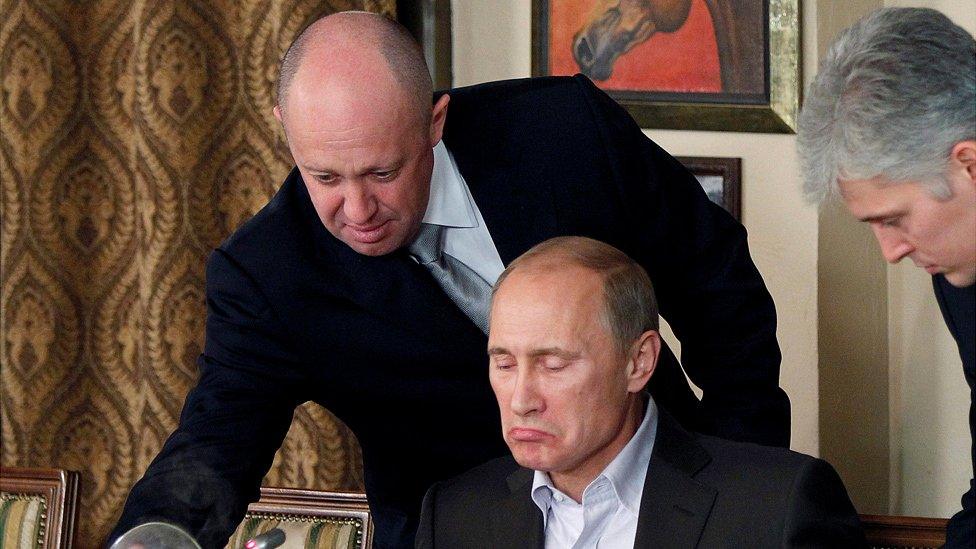Navalny Novichok poisoning: EU sanctions hit top Russians
- Published
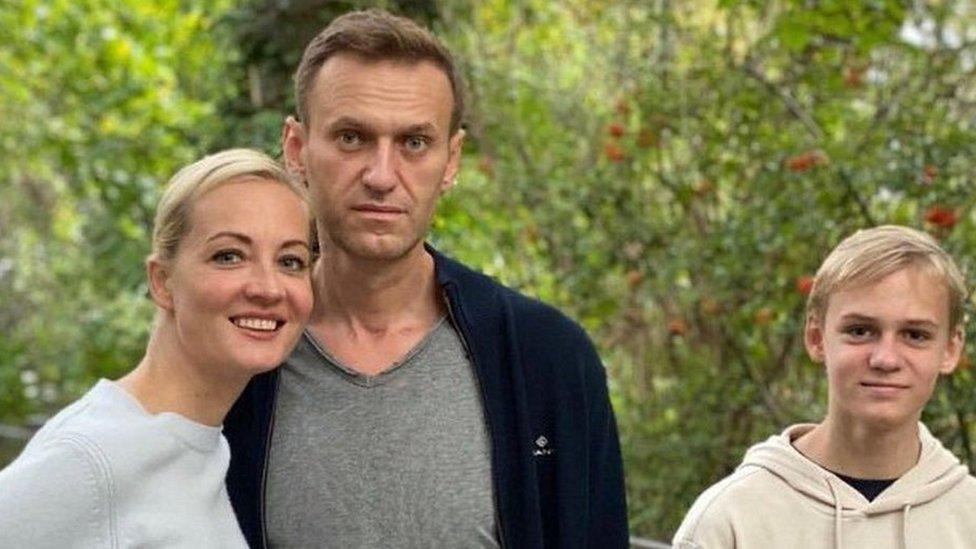
Alexei Navalny in Berlin with wife Yulia and son Zakhar
The EU has imposed sanctions on six senior Russian officials and a chemical research centre over the Novichok poisoning of anti-Putin campaigner Alexei Navalny.
Those targeted by EU travel bans and asset freezes include Federal Security Service (FSB) chief Alexander Bortnikov and two deputy defence ministers.
Mr Navalny is recovering in Berlin. He has blamed President Vladimir Putin for the nerve agent attack in August.
The Kremlin has denied any role in it.
EU foreign ministers agreed on the sanctions on Monday, urged on by France and Germany, who are convinced the nerve agent came from a state facility.
The EU statement on Thursday , externalsays that "taking into account that Alexei Navalny was under surveillance at the time of his poisoning, it is reasonable to conclude that the poisoning was only possible with the involvement of the Federal Security Service".
The Russian government disputes the finding by European experts that the extremely toxic chemical weapon Novichok, developed by Soviet scientists in the Cold War, was used.
The EU statement however says the sanctions are part of action to counter "the proliferation and use of chemical weapons". EU leaders are meeting for a two-day summit in Brussels.
The statement says "it is reasonable to conclude that the poisoning of Alexei Navalny was only possible with the consent of the Presidential Executive Office".
Earlier Russian Foreign Minister Sergei Lavrov accused the EU of failing to understand what he called "the need for mutually respectful dialogue", and said Russia would retaliate against sanctions. "We will respond in kind. This is diplomatic practice."
State security accused
The six Russian officials also include Sergei Menyailo, President Putin's envoy to the Siberian Federal District.
Alexei Navalny, who runs a network of anti-corruption activists, collapsed on a flight from the Siberian city of Tomsk, and the plane made an emergency landing in Omsk, where he was rushed to intensive care. He was later airlifted to a Berlin hospital.
The poisoning happened just before elections to city councils in Russia.
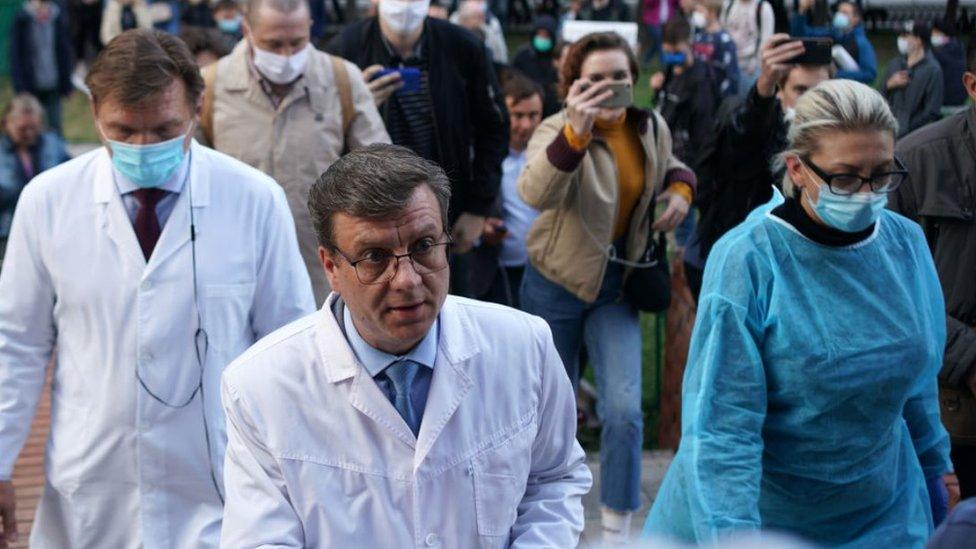
The doctors who treated Mr Navalny in Omsk did not identify any nerve agent
The EU sanctions include the Russian State Research Institute of Organic Chemistry and Technology, held to be involved in the Novichok programme.
The deputy defence ministers named on the sanctions list are Pavel Popov and Alexei Krivoruchko. The EU says the defence ministry controls chemical weapon stocks pending their planned destruction.
Two top Putin aides are also on the sanctions list for their alleged roles in countering Mr Navalny's political influence: Andrei Yarin and Sergei Kiriyenko, who briefly served as prime minister under the late President Boris Yeltsin.
This month the inter-governmental Organisation for the Prohibition of Chemical Weapons (OPCW) confirmed that Novichok had been used against Mr Navalny. The EU has urged Russia to investigate the poisoning transparently and co-operate with the OPCW.
The UK government says Novichok was also used against Russian ex-spy Sergei Skripal and his daughter in Salisbury in 2018. Both are now at a secret location.
Sanctions against 'Putin's chef'
The EU has also imposed sanctions on wealthy businessman Yevgeny Prigozhin, known as "Putin's chef" as he won lucrative government catering contracts.
The EU accuses him of violating the UN arms embargo on Libya through his alleged links to the Wagner mercenary group, which is helping Gen Khalifa Haftar's forces fight the UN-recognised government in Tripoli.
Mr Prigozhin "is engaged in and providing support for Wagner Group's activities in Libya", the EU statement says. , external
In response, Mr Prigozhin said "I have no business projects in Libya", Interfax news agency reported.
"Of course I am very upset about the sanctions, because I will have to wrap up my multiple business projects in EU countries," he said.
Mr Prigozhin and many other Putin associates are already under Western sanctions over Russia's 2014 military intervention in Ukraine. Separately, the US included him on a sanctions list targeting Russians accused of interfering in the 2016 US presidential election.
More EU sanctions were also imposed on Russian officials over the Skripal poisoning.
- Published16 February 2024
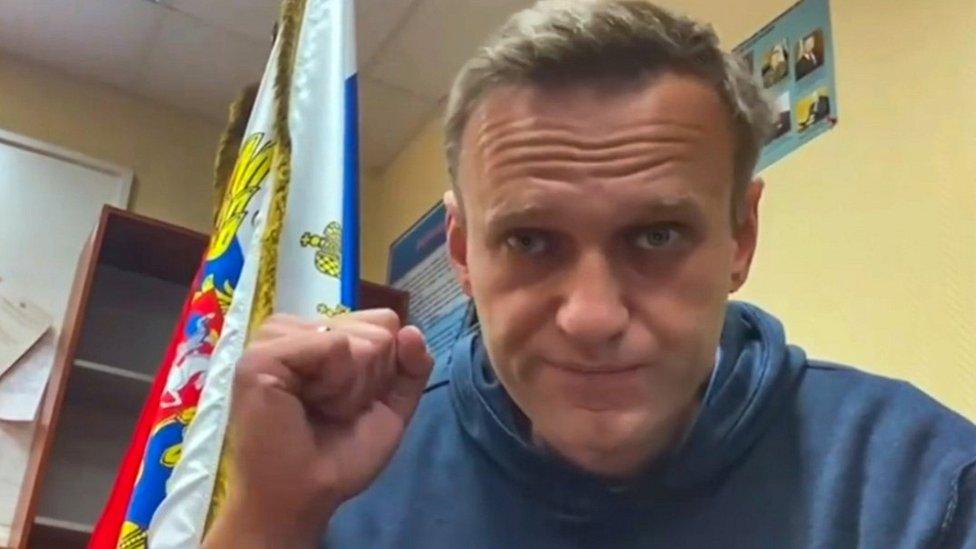
- Published7 October 2020

- Published4 September 2020
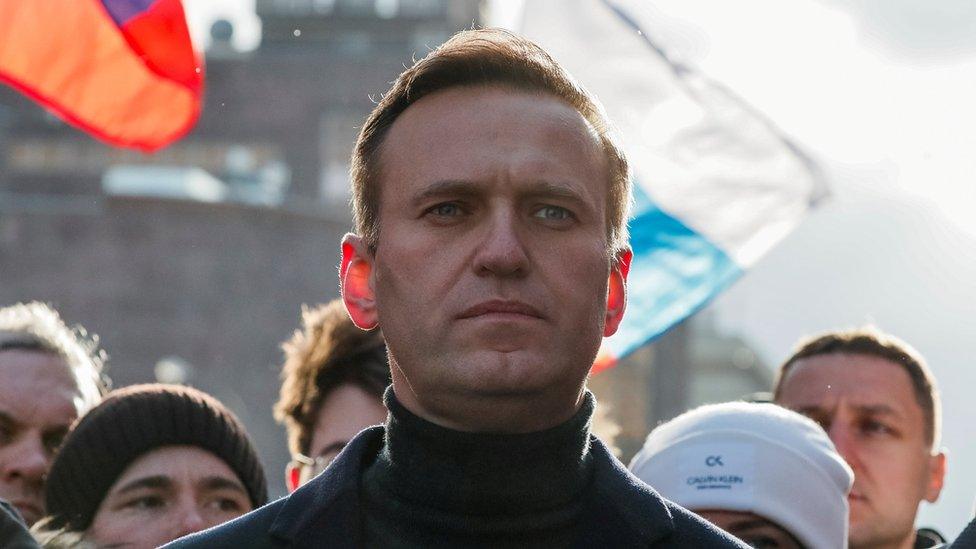
- Published26 August 2020
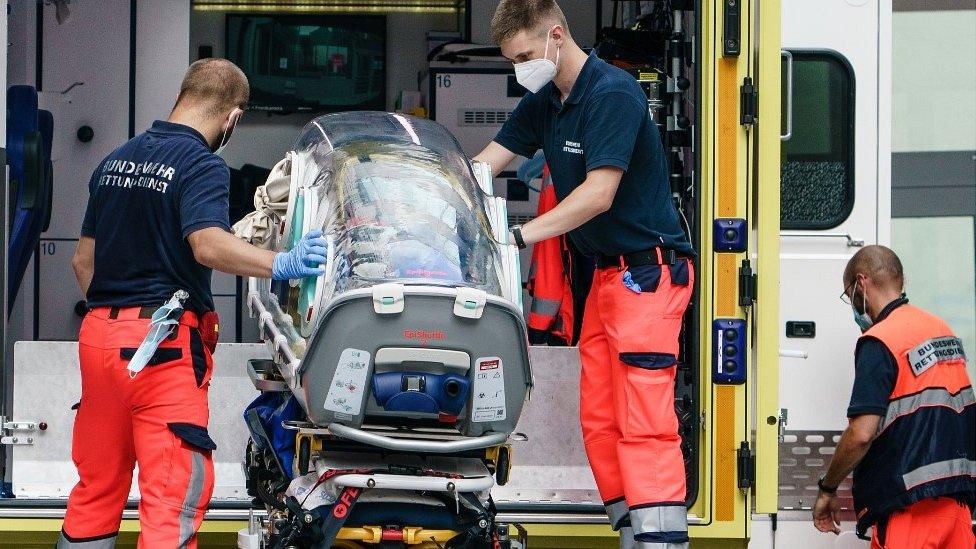
- Published23 February 2018
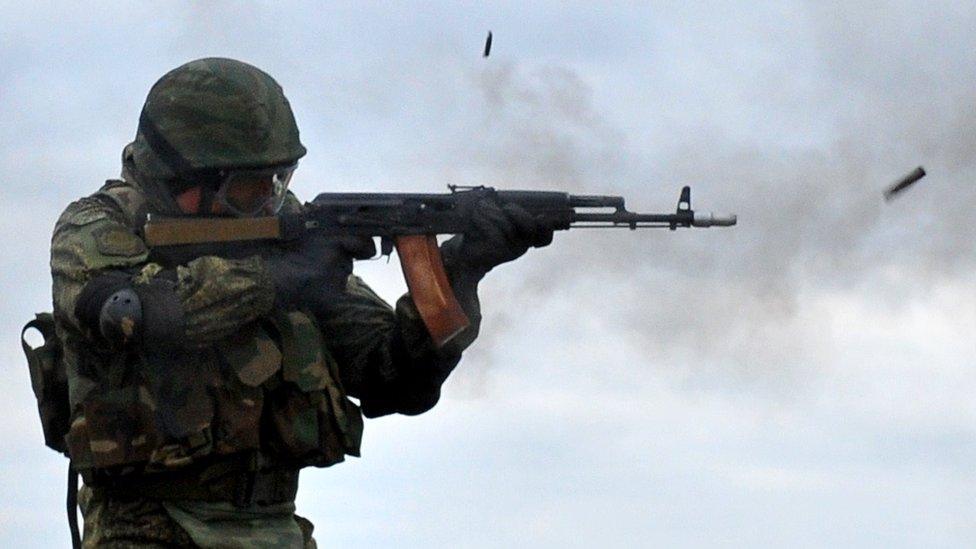
- Published4 November 2019
